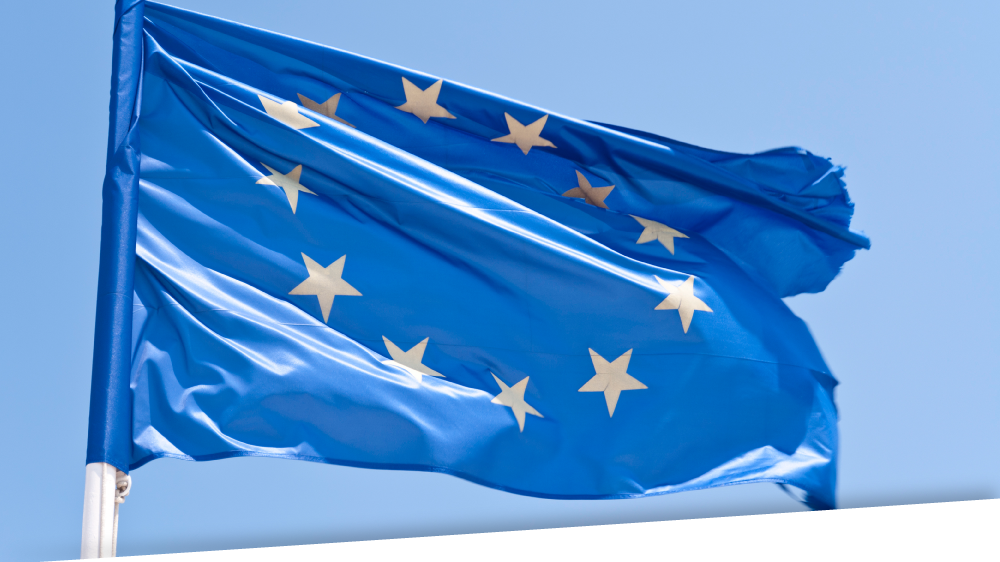
23 Jun Digital inclusion in the European Union – latest developments
According to the European Commission, around 80 million people in the European Union do not use the internet because of some form of disability.
This statistic reflects the daily challenges faced by Europeans who are excluded from or experience barriers in accessing websites or apps. When we consider how rapidly society became reliant on digital communication and online shopping during the COVID-19 pandemic, the figure represents those that were potentially further excluded from the online environment while the world adapted as best it could.What is being done?
Fortunately, work is well underway across the EU to improve digital inclusion. The Web Accessibility Directive has – as of September 2020 – obliged Member States to ensure that the websites of public sector bodies are accessible to all users, including those with disabilities. In June 2021, the Directive extended these obligations to ensure accessibility of the mobile apps of public sector bodies.
What is meant by the term accessible?
Websites and mobile apps and most of the content they contain should be developed with the principles of accessibility in mind. The principles are taken from the Web Content Accessibility Guidelines (WCAG) 2.1 and state that content must be perceivable, operable, understandable and robust, or POUR for short. Find out more about the principles of accessibility in our blog post:
WCAG and the Principles of Accessibility
What happens next?
In the short term, the Directive requires that EU Member States monitor and report on the accessibility of their public body websites and apps. In Ireland, the National Disability Authority is the monitoring body. Websites and mobile apps must include an Accessibility Statement which includes contact details to allow members of the public make a complaint regarding accessibility.
Looking ahead to 2025, the European Accessibility Act sets out requirements for accessible products and services beyond websites and apps. It will extend accessibility obligations to products and services offered by the private sector such as computers, smartphones, e-books, online shopping and banking.
A common approach
The European Accessibility Act strives for commonality in approach to digital accessibility across the EU and will improve digital inclusion and equality of access to the online environment for those with disabilities.


